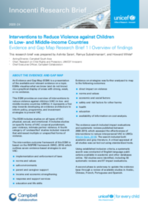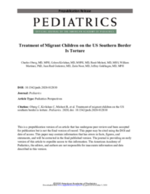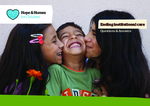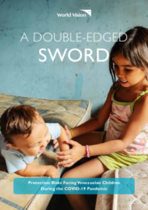Interventions to Reduce Violence Against Children in Low- and Middle-income Countries: Evidence and Gap Map Research Brief 1 Overview of findings
This brief summarizes the key findings from the Evidence Gap Map on interventions to reduce violence against children in low- and middle-income countries.





